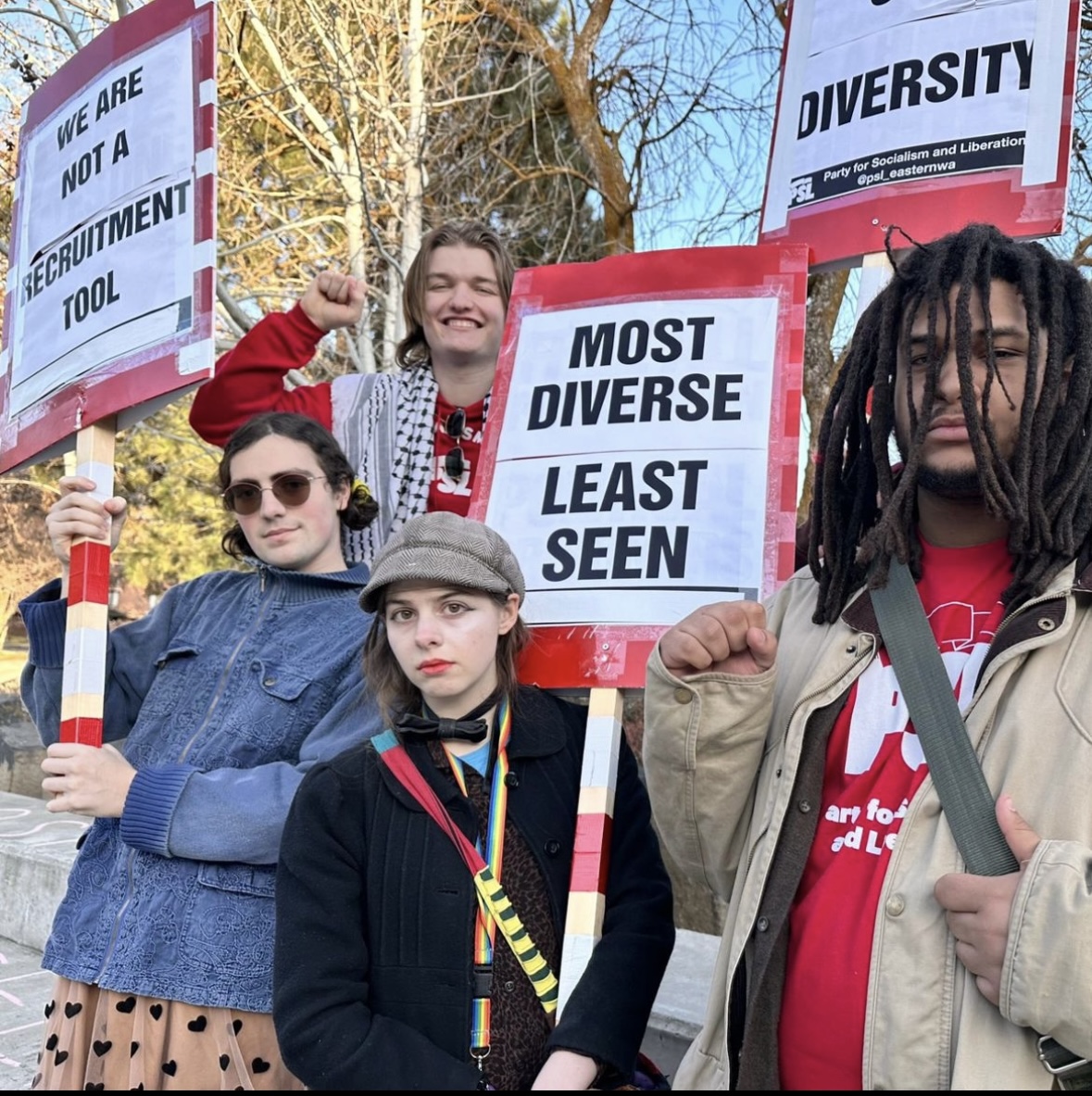BY Patience Collier
News Editor
Lacy Ferrell, assistant professor of history, has been researching the educational migrations of children in Africa.
Ferrell spent last week at the European Social Sciences and History Conference, held in Vienna, Austria. Her panel there was part of an ongoing project on children migrations in Africa, which will end with a book containing presentations from scholars all over the world on the migrations.
“This is very exciting, because it’s a very new area of scholarship, to take children seriously as historical actors,” Ferrell said. “They’re too often brushed aside, just as women were, like they don’t really do anything, they don’t matter.”
Ferrell stressed the importance of conferences for networking in the professional academic field.
“It’s not just learning from people, it’s friendships and professional connections, that give you more opportunities,” Ferrell said.
Central has a number of ways for students to attend conferences around the region, as well as ways to study abroad and meet others in their field, Ferrell said.
“There’s the Phi Alpha Theta conference each year, and so students get to see what it’s like,” Ferrell said. “You get to have students and professors comment on your work, and that engagement is the fun part of writing papers.”
Ferrell will be teaching a course on childhood and youth in a global context this summer, which will explore the themes and concepts of childhood from the perspective of children who have been through these educational migrations.
“One of the challenges of studying children is that they leave so few records of what they thought, or how they felt,” Ferrell said. “So a source that I love to use are their own drawings, as a way of looking at how they see the world. In the course, one of the things we’re going to do is look at these drawings, and see what they can tell us.”
Ferrell’s research has focused on educational migrations, and the unique experience of children from the northern territories of Ghana. The region has very few schools, meaning students must travel great distances to get an education.
“One of the things we’ll look at in that course is kids in school, and how that began in Africa, because Western schools were new in the 20th century,” Ferrell said.
The course will also cover school, play and leisure, child labor and the cultural construct of childhood in 21st century America as opposed to other cultures and time periods.
“This term I’m doing gender and sexuality, and I’m just having a ball,” Ferrell said.
The course, which will likely be offered again in two years, covers definitions of masculinity, different narratives of sexuality, women’s reproductive health, and the different ways relationships are expressed.




